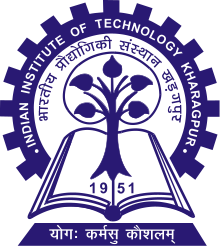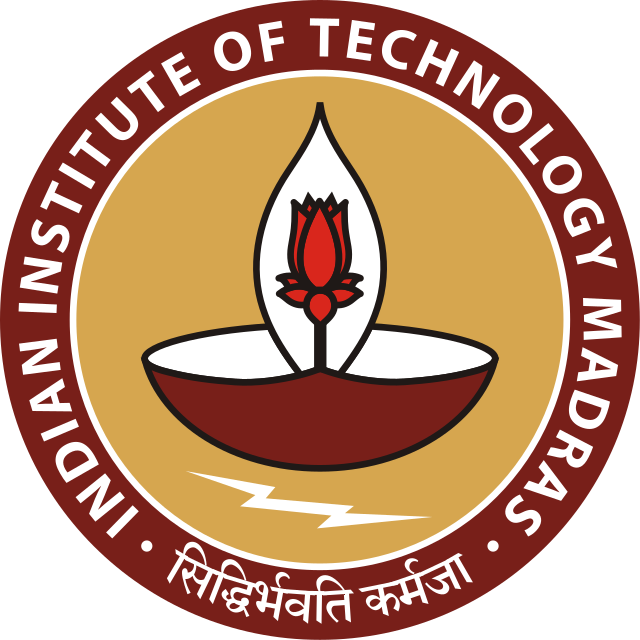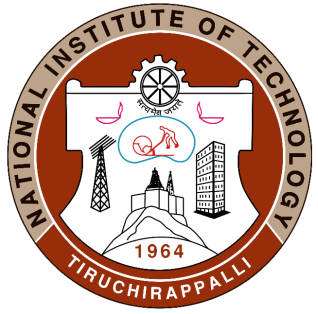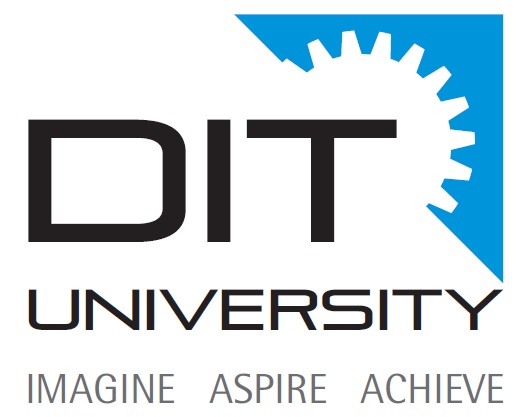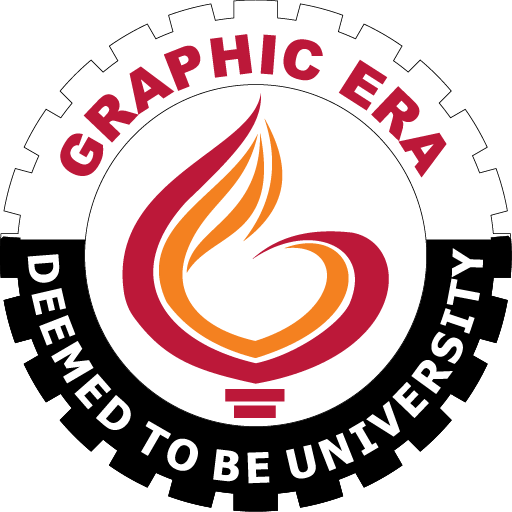What is M.Tech Degree?
MTech stands for Master of Technology. It is a two-year postgraduate program that focuses on advanced science and technology. The course focuses on engineering and information technology.
MTech is a professional post-graduation degree in engineering. It offers specialized training in various engineering fields. To enroll in this program, candidates must clear state- or national-level entrance exams.
MTech graduates can work in a variety of job roles, including: Project manager, Software developer, Project coordinator, Maintenance manager, Research associate.
MTech is better for those who want to work in the industry, while MS is better for those who want to pursue research and academic careers.
Program Structure of M.Tech
A Master of Technology (MTech) program is a two-year postgraduate program. It has four semesters, each lasting six months, for a total duration of two years. MTech programs are similar to Master’s courses in terms of time duration and number of semesters.
MTech is a professional postgraduate engineering master’s degree program. It can be offered in various specializations, such as:
Artificial Intelligence, Chemical, Civil, Electronics, Mechanical, Design Engineering, Structural Engineering, Construction Management.
To get into an MTech program in India, candidates can qualify for the GATE national-level entrance exam. However, GATE is not necessary for MTech admissions in India. Candidates can also apply for MTech courses in private academic institutions or study abroad.
Specializations
- Computer Science EngineeringThis popular specialization offers a large career scope and high employment opportunities.
- Environmental EngineeringThis two-year program teaches students how to minimize waste and pollution. It involves principles of engineering, chemistry, soil science, and biology.
- Structural EngineeringThis popular specialization involves designing, testing, constructing, and maintaining structures like bridges, dams, roads, and flyovers. Structural engineers are in high demand in government departments.
- Civil EngineeringThis prestigious specialization focuses on designing and building, with a focus on improving and preserving the natural environment and public spaces.
- Mechanical EngineeringThis two-year program combines the study of physics, materials science, and engineering. The goal is to design, analyze, manufacture, and maintain mechanical systems.
- Electronics and Communication EngineeringThis two-year program focuses on innovating new devices with the latest technology.
- Transportation EngineeringThis specialization allows students to specialize in planning, design, construction, operation, and maintenance of transportation facilities.
Career Opportunities
There are numerous career opportunities after completing a Master of Technology (M.Tech) degree, especially considering the increasing demand for technology-driven roles across various sectors. Here are some potential career paths you could explore:
Research & Development (R&D): If you have a keen interest in research, you could pursue a career in R&D, working in academia, government research organizations, or private companies to develop new technologies, products, or processes.
Software Development & Engineering: M.Tech graduates can work as software developers or engineers, designing, developing, and maintaining software applications, systems, and solutions. This can include roles such as software architect, software engineer, or systems analyst.
Data Science & Analytics: With the growing importance of data-driven decision-making, careers in data science and analytics are in high demand. M.Tech graduates with skills in programming, machine learning, and statistical analysis can work as data scientists, data analysts, or business intelligence analysts.
Telecommunication & Networking: M.Tech graduates specializing in telecommunications and networking can pursue careers in designing, implementing, and managing telecommunications networks. They can work as network architects, network engineers, or systems administrators.
Artificial Intelligence (AI) & Machine Learning (ML): M.Tech graduates can work in AI and ML roles, developing algorithms, models, and systems that can learn and make decisions. This can include roles such as machine learning engineer, AI engineer, or deep learning specialist.
Cybersecurity: As cyber threats continue to evolve, there is a growing demand for cybersecurity professionals. M.Tech graduates can work as cybersecurity analysts, penetration testers, or cybersecurity consultants, protecting organizations’ data and systems from cyberattacks.
Embedded Systems & IoT: M.Tech graduates specializing in embedded systems and the Internet of Things (IoT) can work in designing, developing, and managing embedded systems and IoT devices. This can include roles such as embedded systems engineer, IoT solutions architect, or firmware developer.
Aerospace & Defense: For those interested in aerospace and defense, M.Tech graduates can work in roles such as aerospace engineer, defense engineer, or aviation engineer, designing and developing aircraft, spacecraft, or defense systems.
Automotive Engineering: With the rise of electric vehicles and autonomous driving technology, there are opportunities for M.Tech graduates in automotive engineering. They can work as automotive engineers, designing and developing vehicle systems, or as autonomous vehicle engineers, working on self-driving car technology.
Energy & Sustainability: M.Tech graduates can work in the energy sector, focusing on renewable energy, energy efficiency, and sustainability. They can work as energy engineers, environmental engineers, or sustainability consultants, helping organizations reduce their carbon footprint and adopt sustainable practices.
These are just a few examples, and there are many other career paths available to M.Tech graduates, depending on their interests, skills, and specialization. It’s important to explore different options and consider what aligns with your goals and aspirations.
Some Basic Information About M.Tech
| Information | Details |
| Admission Process | Admission based on GATE (Graduate Aptitude Test in Engineering) score or university-specific entrance exams |
| Duration | 2 years |
| Eligibility | Bachelor’s degree in engineering or related field from a recognized university |
| Minimum Age | Varies by institution |
| Future Scope | Engineering research and development, Leadership roles in industry, Teaching and academia |
| Specializations | Computer Science and Engineering- Mechanical Engineering- Electrical Engineering- Civil Engineering |

